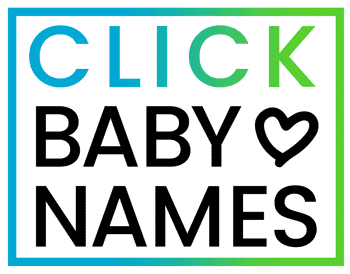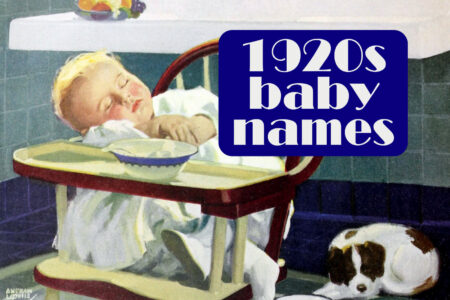Renée and René: A harmonious blend of grace, culture, and pop impact
Renée is a name of French origin that means “reborn” or “born again,” rooted in the Latin word renatus. Its male counterpart, René, carries the same meaning.
Both names offer a sense of renewal and transformation, making them resonant choices for those who value names with deep symbolism.
Pronunciation and variations
Renée is typically pronounced as Ruh-nay in English-speaking countries, while the French pronunciation leans more towards Reh-nay. René, the masculine form, is usually pronounced similarly.
Variations and alternative spellings
- Renee: An English-language adaptation that omits the accent
- Renay: A phonetic variation
Possible nicknames for Renee
Both Renée and René are already quite short, but if you’re looking for nicknames, you might consider:
- Ren
- Ree
- Nay
- NeNe/NayNay
Popularity and trends
While Renée and René may not be topping current baby name charts, their timeless appeal and meaningful origins keep them as evergreen options for many parents.
The Social Security Administration’s baby name database shows trends for baby names in the United States, and according to this data, the name Renée reached its peak popularity in the 1960s. Specifically, it was most popular in 1967 when it ranked 62nd among baby girl names. The name fell out of the top 100 in the late 1980s, and has since continued to decline in usage.
As for René, the masculine form of the name, it was most popular in the United States in 1969, when it ranked 311th among baby boy names. It has never been in the top 100, and as of 2022, is only just within the top 1000 name.
Renée in France and French-speaking countries
The names Renée and René have historically been more popular in French-speaking countries, including France, than in the United States. These names are classic choices in French culture, owing to their etymological roots and the meaning of “reborn” or “born again” which aligns well with the predominantly Catholic heritage of France.
In France, the name René has especially been popular for boys born in the early to mid-20th century. Renée has also seen considerable usage for girls in the same time frame. However, it’s worth noting that like many classic names, both Renée and René have seen a decline in usage among new parents in recent years, as modern and international names gain traction in French-speaking countries.
Though they may not be as popular as they once were, both names are still considered classic and elegant choices in French culture.
Celebrity and pop culture influence
Hollywood and beyond
Actresses like Renée Zellweger and Rene Russo have brought contemporary attention to these names. While Zellweger is known for roles in films like “Bridget Jones’s Diary,” Russo has gained acclaim for movies such as “Lethal Weapon” and “Thor.”
Rene Auberjonois, a versatile actor known for roles in stage productions as well as TV shows like “Star Trek: Deep Space Nine,” also adds a layer of cultural richness to the name.
“Walk Away Renée” is a song by the band The Left Banke, released in 1966. Its enduring popularity (and numerous cover versions) has helped keep the name in the public consciousness.
Things to consider
Renée and René offer a harmonious blend of meaningful etymology, international flair, and pop culture relevance. From Hollywood to the music industry to the stage, these names have made significant cultural impacts. When choosing between the traditional French spelling with accents or the simplified English version, consider how important the cultural aspect is to you.
Whether you’re drawn to the names’ symbolism of rebirth, their French origins, or their various cultural representations, Renée and René offer a wealth of reasons to be considered as strong, meaningful options for your child’s name.








